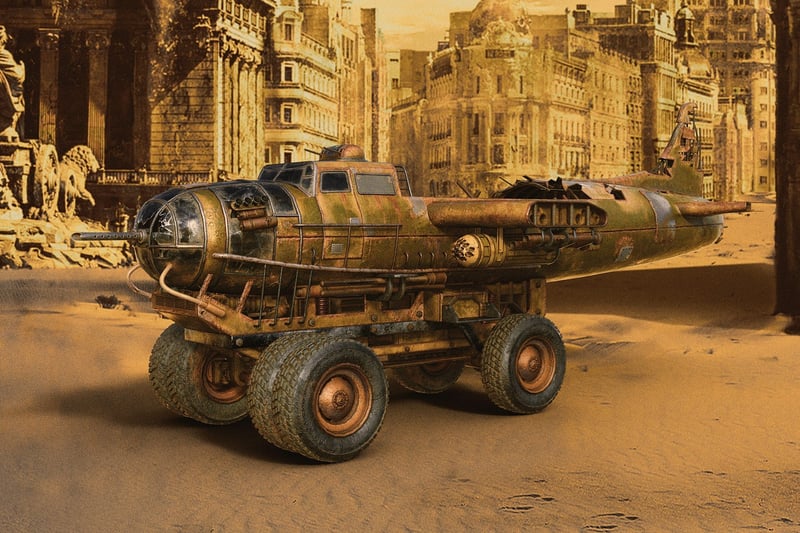Future Dystopia
Exploring Different Eras and Future Dystopia
Throughout history, the world has witnessed various eras marked by distinct characteristics and societal norms. From ancient civilizations to the modern age, each era has left its mark on humanity. Let's delve into some of these fascinating periods and also speculate on what a future dystopian world might look like.
Ancient Era
The ancient era, spanning from the rise of early civilizations to the fall of the Roman Empire, was characterized by monumental achievements in art, architecture, and philosophy. The pyramids of Egypt, the Acropolis in Greece, and the Colosseum in Rome stand as testaments to the ingenuity of ancient civilizations.
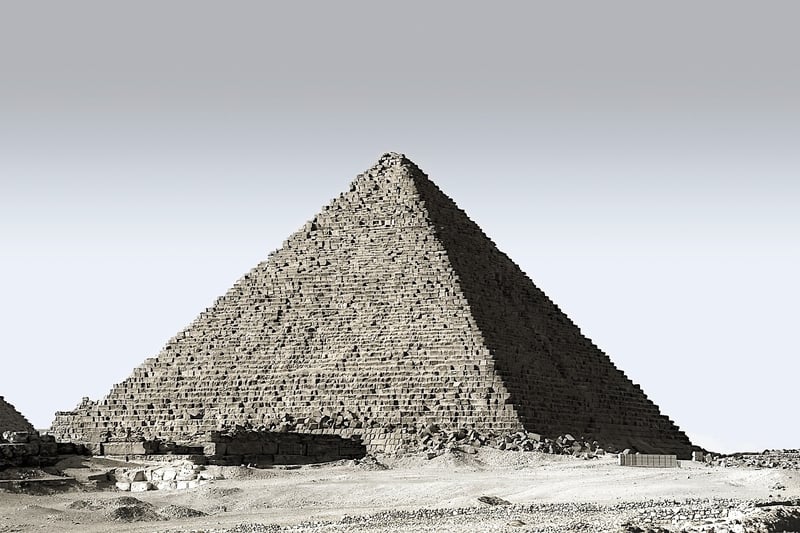
Medieval Era
The medieval era, often romanticized for its knights and castles, was a time of feudalism, chivalry, and the spread of Christianity. The Gothic cathedrals of Europe and the tales of King Arthur exemplify the cultural richness of this period.
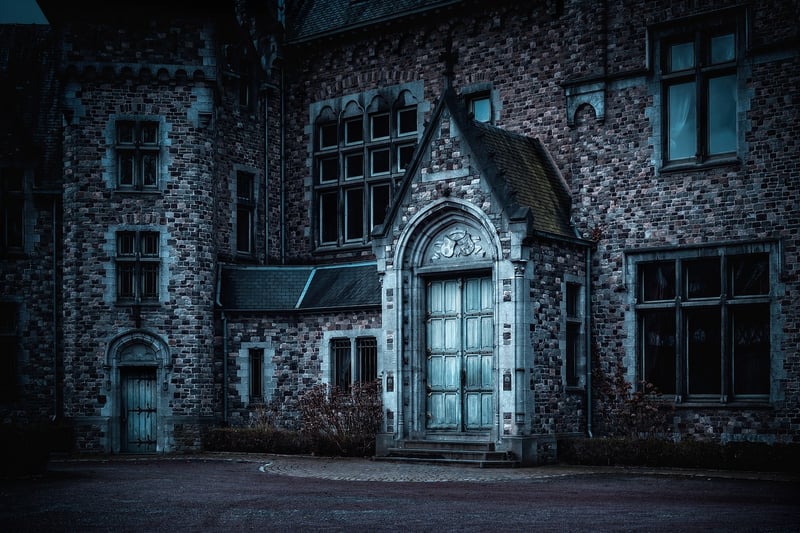
Industrial Revolution
The Industrial Revolution brought about a seismic shift in society with the mechanization of production, urbanization, and technological advancements. Factories, steam engines, and the birth of capitalism defined this era, shaping the modern world as we know it.

Modern Age
The modern age is characterized by rapid globalization, technological innovation, and cultural exchange. From the invention of the internet to space exploration, the modern era has connected the world in ways unimaginable to previous generations.
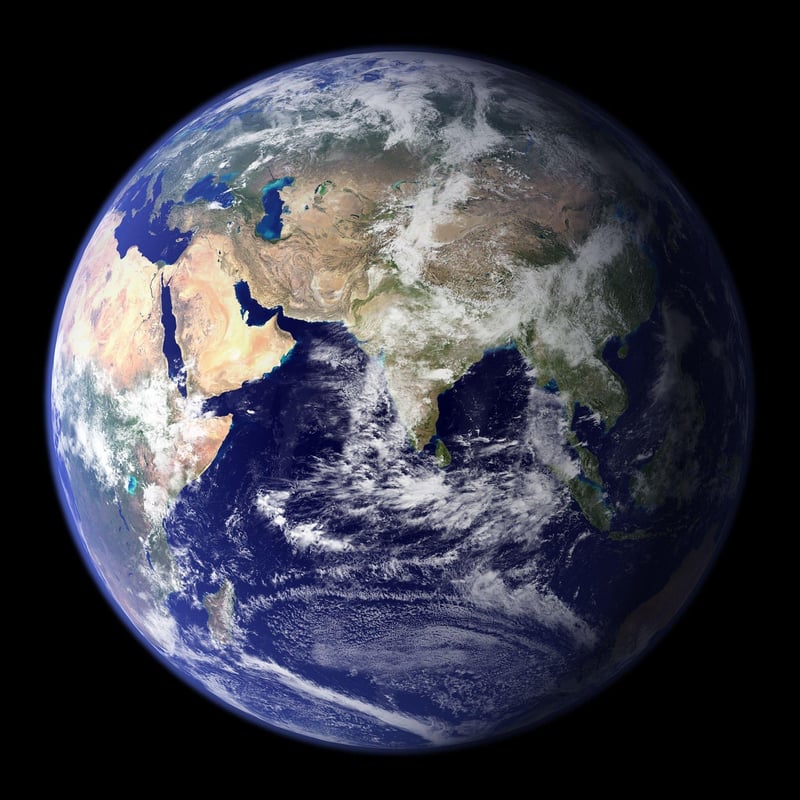
Future Dystopia
Speculating on a future dystopian world, one can envision a society plagued by environmental degradation, authoritarian regimes, and technological overreach. The proliferation of surveillance, loss of privacy, and widening wealth gaps could lead to a bleak future where humanity grapples with its own creations.
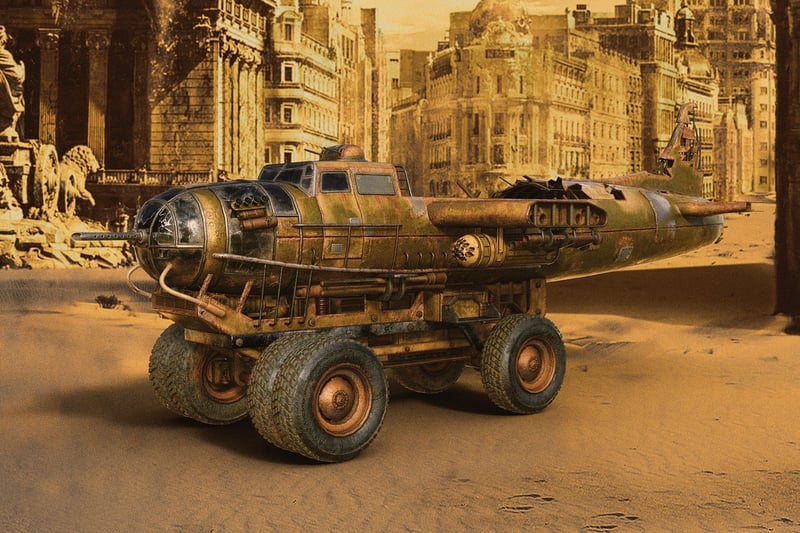
As we reflect on the past and ponder the future, it becomes evident that each era, whether glorious or grim, has contributed to the tapestry of human history. By learning from our past and actively shaping our future, we hold the power to steer the course of civilization towards a better tomorrow.
